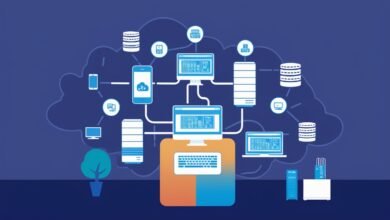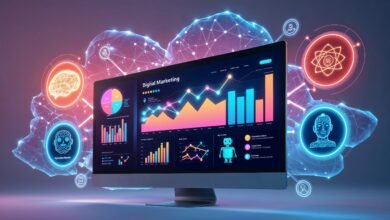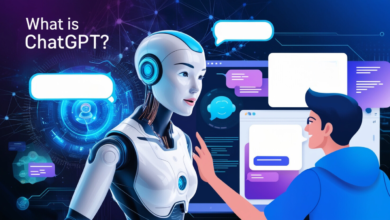AI Hentai Generator
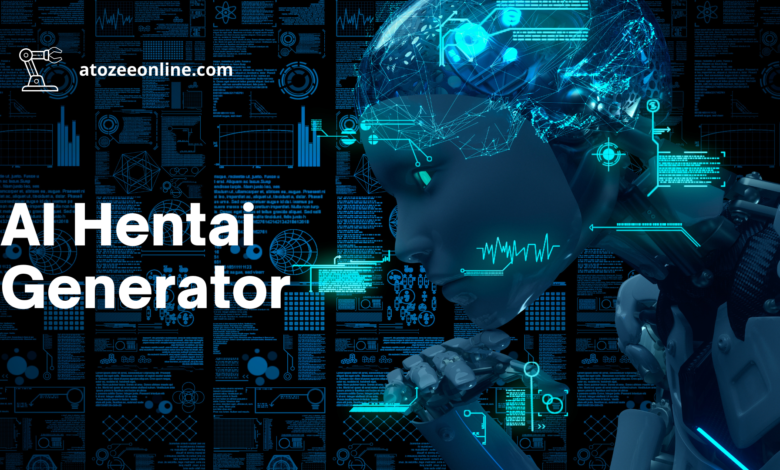
AI Hentai Generator
Introduction:
Artificial Intelligence (AI) has revolutionized many aspects of our lives, including creating art and digital content. One niche area where AI has made significant strides is in the generation of hentai, a genre of Japanese anime and manga that features explicit adult content. AI hentai generators use advanced machine learning algorithms to create hentai images and animations. This article explores how these AI generators work, their benefits, and the potential drawbacks associated with their use.
How AI Hentai Generators Work:
1. Data Collection and Training:
- Data Collection:
AI hentai generators require a large dataset of hentai images to train the model. These datasets are often sourced from publicly available photos or through crowd-sourced contributions. - Training the Model:
The collected images train deep learning models, such as Generative Adversarial Networks (GANs). GANs consist of two neural networks, the generator and the discriminator, which produce high-quality images. The generator creates images, while the discriminator evaluates them for authenticity. This process continues until the generator produces images indistinguishable from real hentai art.
2. Image Generation:
- Input and Parameters:
Users can input specific parameters or preferences, such as character traits, scenarios, or artistic styles. The AI model uses these inputs to tailor the generated content. - Content Creation:
The AI processes the input and generates hentai images or animations based on the trained model. The quality and accuracy of the generated content depend on the training data’s robustness and the model’s complexity.
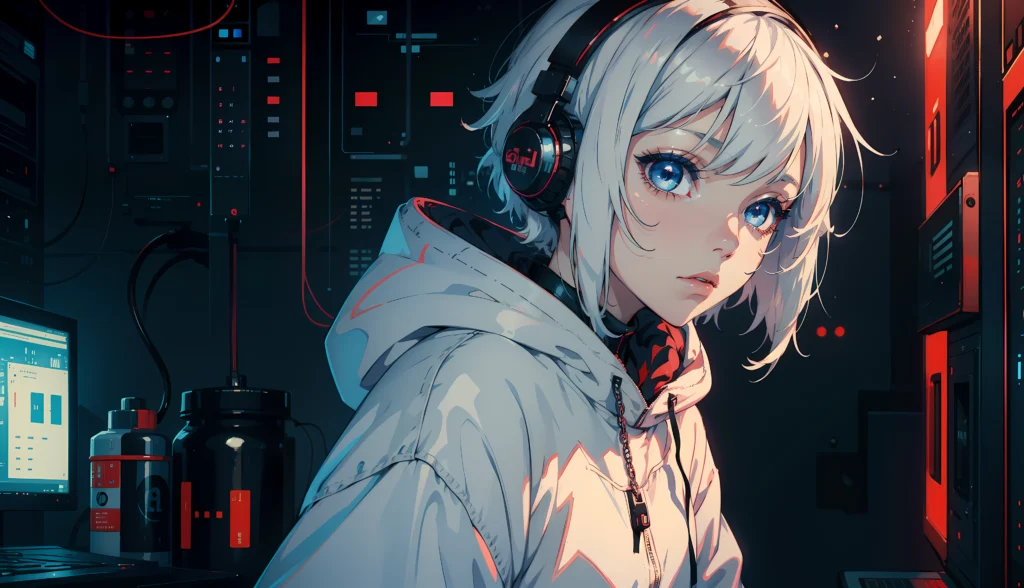
3. Post-Processing:
Refinement:
The generated images may undergo post-processing to enhance quality, adjust details, or add finishing touches. This step ensures the final output meets the desired standards and expectations.
Benefits of AI Hentai Generators:
1. Creativity and Customization:
-
- AI hentai generators enable users to create highly customized content that aligns with their preferences. This level of personalization is difficult to achieve with traditional methods.
- Artists and creators can use these tools to explore new ideas and styles, pushing the boundaries of creativity within the hentai genre.
2. Efficiency and Productivity:
-
- AI generators significantly reduce the time and effort required to produce hentai content. What once took hours or days can now be accomplished in minutes.
- This efficiency allows creators to focus more on their work’s conceptual and narrative aspects rather than the labor-intensive process of drawing and animating.
3. Accessibility:
-
- These tools democratize content creation, making it accessible to individuals without advanced artistic skills. Anyone interested can experiment and create hentai art.
Potential Drawbacks of AI Hentai Generators:
1. Ethical Concerns:
-
- The creation and distribution of explicit adult content using AI raise significant ethical issues. There are concerns about consent, the potential for misuse, and the impact on the individuals depicted in the generated content.
- The availability of AI-generated hentai could contribute to the normalization and proliferation of explicit material, leading to societal and cultural implications.
2. Quality and Authenticity:
-
- While AI-generated content can be impressive, it may need a more nuanced touch and emotional depth of art created by human artists. An AI might not fully capture the subtleties that conemopartiallyand context.
- There is a risk of overreliance on AI, which could potentially stifle human creativity and reduce appreciation for traditionally created art.
3. Legal Implications:
-
- The legality of creating and distributing AI-generated hentai varies by jurisdiction. Users and creators must navigate complex legal landscapes to ensure their activities comply with local laws and regulations.
- There is also the potential for copyright infringement if the training data includes copyrighted material without proper permission.
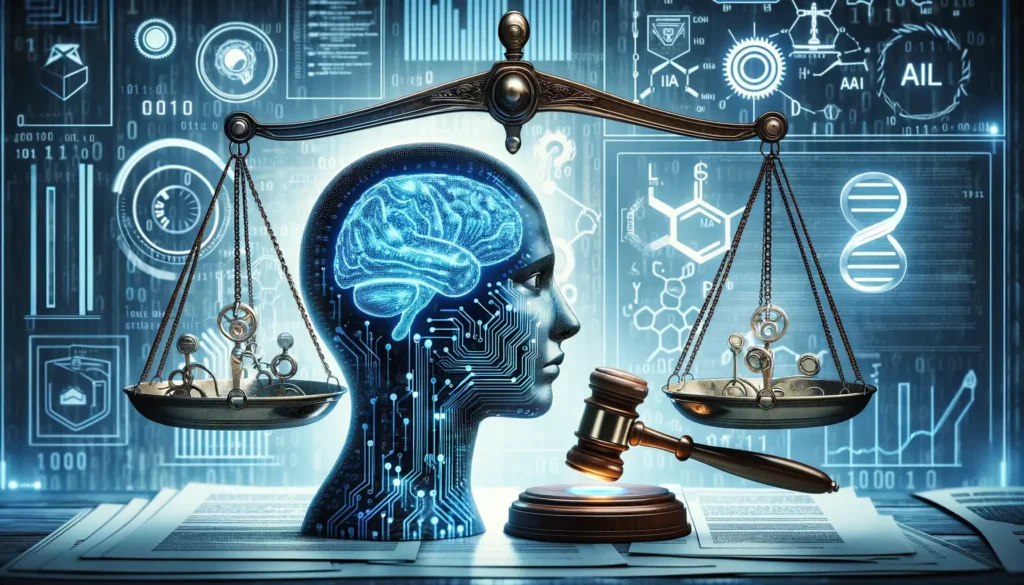
Conclusion:
AI hentai generators represent a fascinating intersection of technology and art, offering significant benefits and notable challenges. While they provide powerful tools for creativity and efficiency, they raise significant ethical, legal, and quality concerns. As the technology continues to evolve, it will be crucial to address these issues thoughtfully to ensure that the benefits of AI-generated content are realized responsibly and sustainably.
FAQ’s about AI Hentai Generators:
What is an AI Hentai Generator?
An AI Hentai Generator is a tool that uses artificial intelligence, specifically machine learning models, to create hentai art. These generators can produce images or animations based on user inputs and preferences, such as character traits or scenarios.
How does an AI Hentai Generator work?
AI hentai generators work by training on large datasets of hentai images using deep learning algorithms like Generative Adversarial Networks (GANs). The generator creates images while the discriminator evaluates their authenticity. This iterative process continues until the generator produces high-quality images that mimic real hentai art.
What are the benefits of using an AI Hentai Generator?
- Customization: Users can create personalized content tailored to their preferences.
- Efficiency: AI generators significantly reduce the time and effort required to produce hentai art.
- Accessibility: These tools allow individuals without advanced artistic skills to create hentai art.
Are there any ethical concerns with using AI Hentai Generators?
Yes, there are several ethical concerns, including issues of consent, the potential for misuse, and the impact on individuals depicted in the generated content. The proliferation of explicit material and its societal implications are also significant concerns.
Can AI-generated hentai be legally problematic?
The legality of creating and distributing AI-generated hentai varies by jurisdiction. Users must ensure compliance with local laws and regulations to avoid potential legal issues. Copyright infringement is risky if the training data includes copyrighted material without proper permission.

